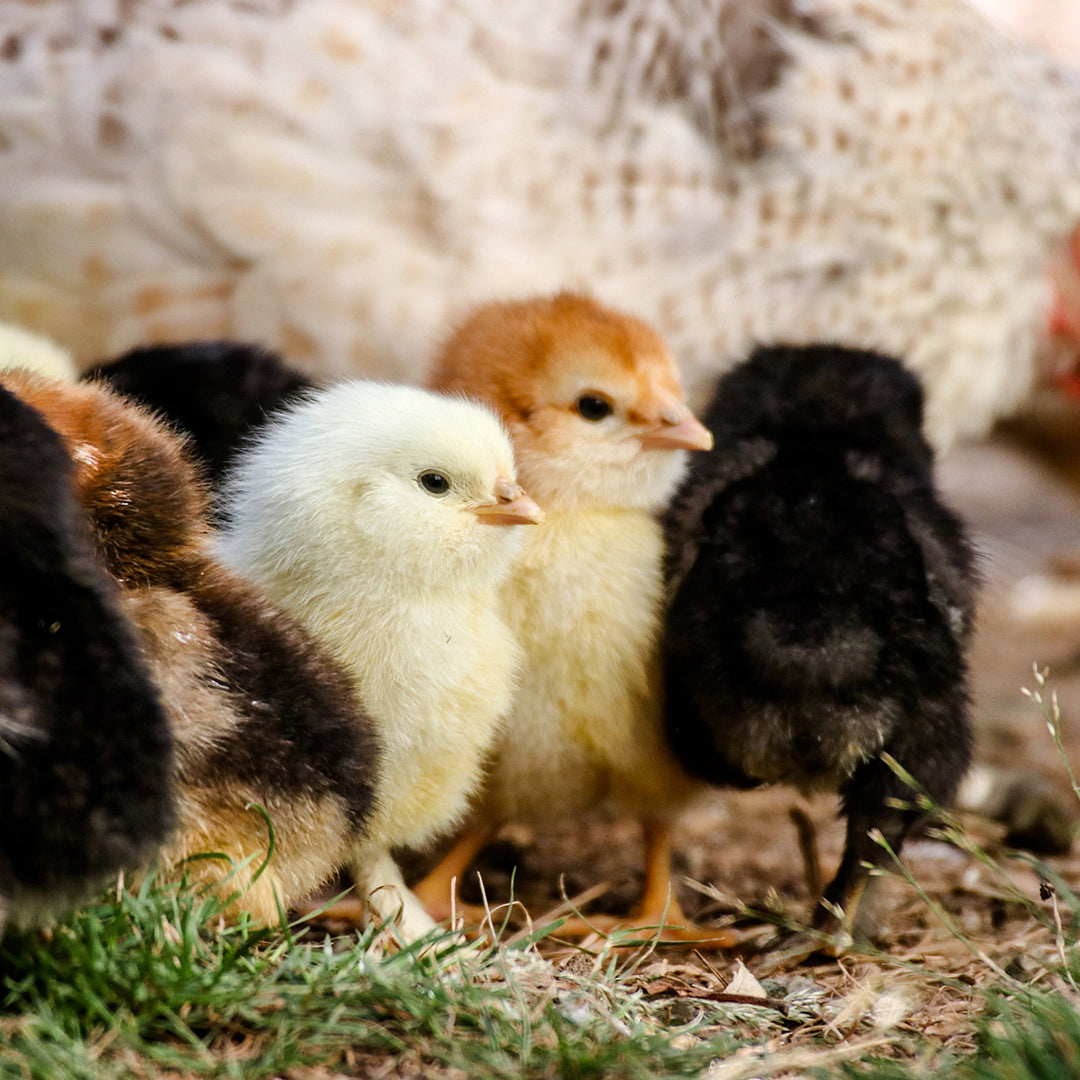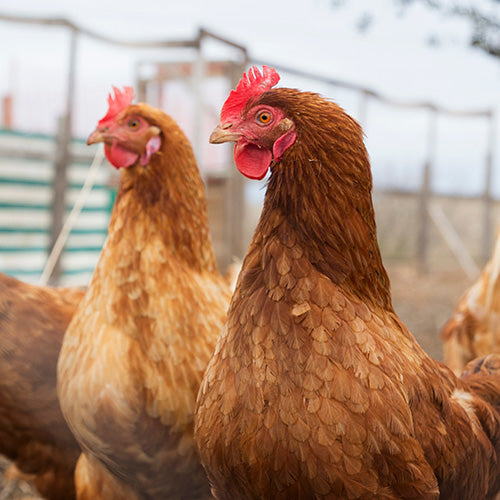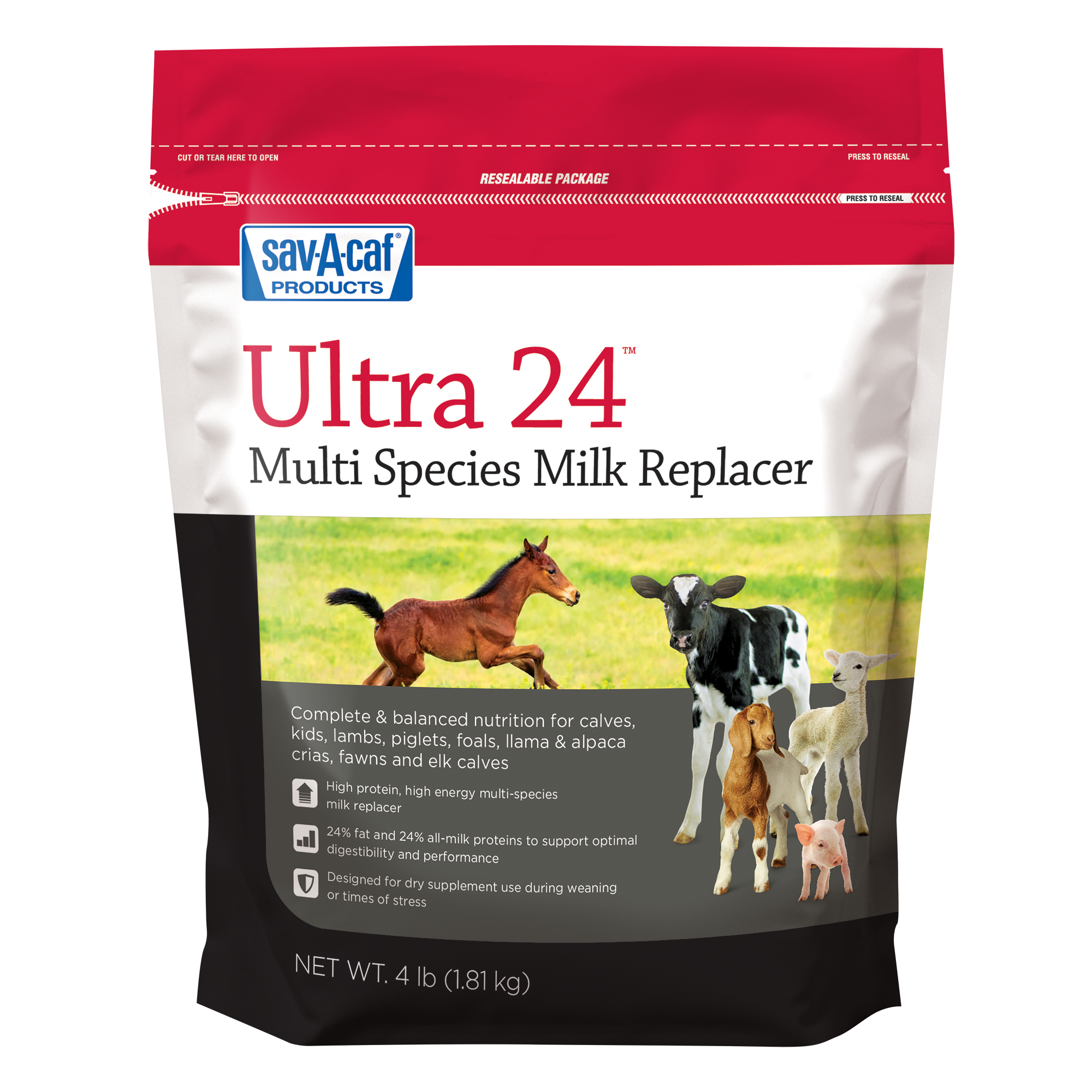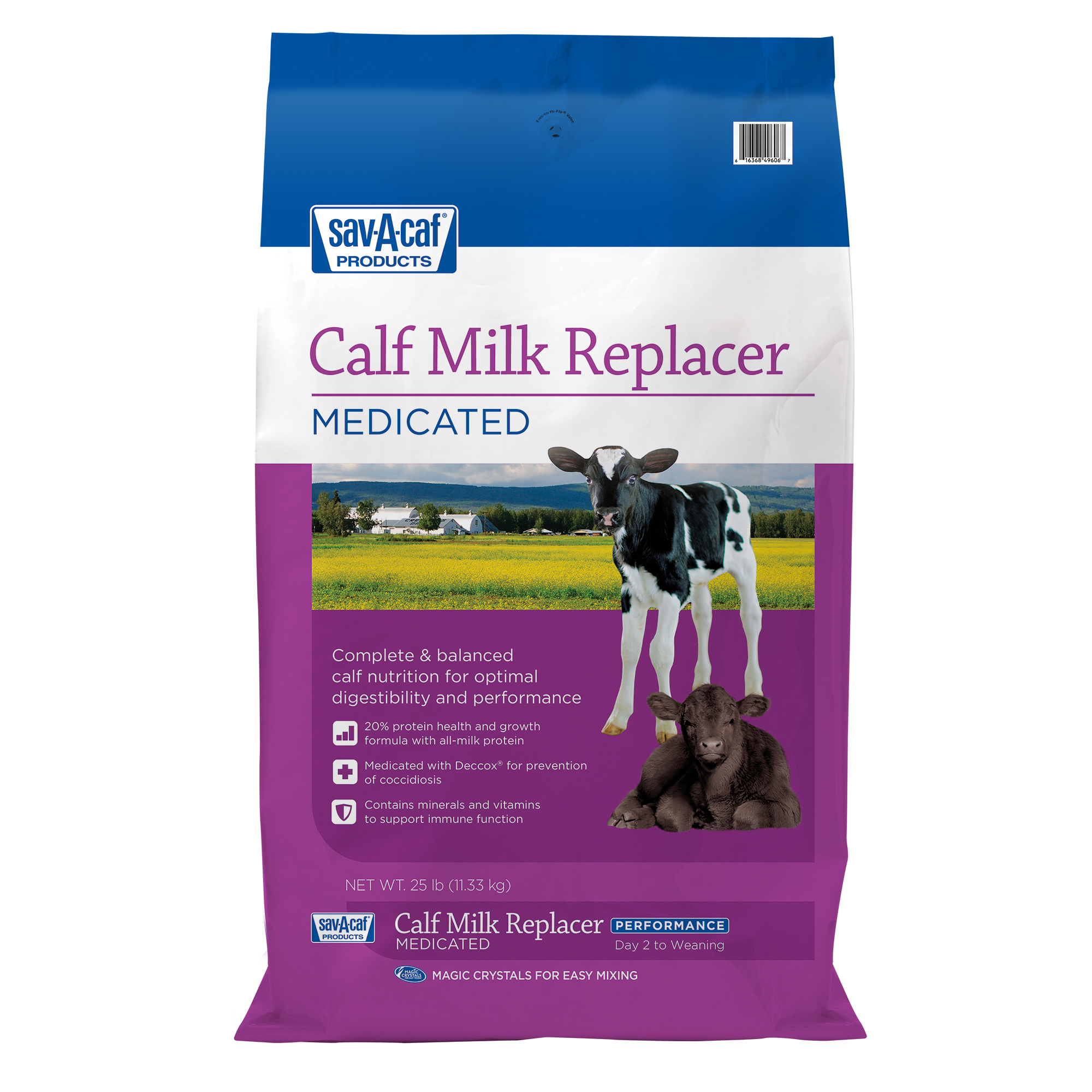
Scours in goats: How electrolytes can help
What do I do when my goat has scours? How do I treat a dehydrated goat? What are goat electrolytes? When your goats experience scours, you’re looking for quick, helpful answers.
Scours in goats can be common. It’s important to know what scours are, what causes them and how to remedy them, so you can help your goats bounce back and thrive.
Here are some commonly asked questions about scours, dehydration and electrolytes, followed by answers to help you navigate:
Q: What are scours in goats?
A: Scours is a common name for goat diarrhea. They can vary in color and consistency, from pasty white to watery brown.
Scours in goats can lead to dehydration, depression, loss of appetite, weakness and even death when left untreated. That’s why it’s critical to catch them early and quickly take action to remedy them.
Know the causes and complications of scours in goats so you can identify them early and avoid severe health implications.
Q: What causes scours in goats?
A: Many stressors trigger scours in goats.
Common stressors in goats include cold and wet weather, poor sanitation, transportation, exposure to new animals, dehorning, vaccination, weaning, temperature fluctuations and reduced feed intake. All of these stressors can increase susceptibility to scours-causing pathogens.
Baby goat diarrhea can be serious and quickly lead to a dehydrated goat. Make sure to monitor baby goats closely.
Q: What are the symptoms of dehydration in goats?
A: If you think you have a dehydrated goat, perform a pinch test. Pinch the skin on the side of the goat’s neck. If the skin “tents,” a slow return of the skin to its normal position after being pinched, the goat is dehydrated and in desperate need of hydration. Practice the test on healthy, bright and alert goats to know what normal looks like.
In baby goats, dehydration can be very serious as it could lead to death if not quickly and properly treated.
Consult your veterinarian immediately if you have a severely dehydrated goat. Watch for symptoms of dehydration in goats including weakness, sunken eyes, dry nose, pale and sticky gums or weight loss. A dehydrated goat may need to receive fluids intravenously.
Q: What are goat electrolytes?
A: Goat electrolytes are a concentrated nutritional supplement fed at the first sign of stress or scours. Electrolytes for goats restore nutrients and help the body maintain fluid balance to prevent dehydration.
Electrolytes consist of acids, bases or salts. These could include sodium, potassium, calcium, magnesium and chloride. Sodium is the main electrolyte found in bodily fluids, which helps maintain fluid balance.
Other ingredients in goat electrolytes include:
- Dextrose (glucose): Provides energy and helps maintain body condition.
- Sodium bicarbonate: Helps regulate blood pH levels for proper organ function.
- Direct-fed microbials or probiotics: Support immunity during times of stress.
- Prebiotics: Support digestive health.
- Glycine: Enhances the absorption of glucose for energy.
Look for goat electrolytes containing a balance of these ingredients to ensure goats receive proper hydration.
Q: When and how do I feed goat electrolytes?
A: If stress or scours are present, feed electrolytes immediately. Mix electrolyte powder into warm water according to package instructions.
Always feed goat electrolytes separate from milk or goat milk replacer. Electrolytes for goats should be fed between normal milk feedings to provide additional fluids and energy. It’s also important that goat electrolytes don’t replace a milk feeding.
Goat electrolytes do not contain all of the nutrients in milk or goat milk replacer. Offer electrolytes one to three times a day in addition to the goat’s normal milk diet. Continue to feed them for two to three days until scours have stopped and hydration is normal, or as directed by your veterinarian. Remember to offer plenty of clean, fresh water.
Watch for signs of severe diarrhea where the goat is weak, depressed, not eating or not responding to oral electrolytes. Severe goat diarrhea is a medical emergency which requires intravenous fluids and other medications from your veterinarian.
Q: Can I give electrolytes to adult goats?
A: Yes, even adult goats can benefit from electrolytes. Feed adult goats electrolytes ahead of stressful events such as transportation, environmental changes or during kidding.
In these situations, offer goat electrolytes free-choice as the only source of drinking water for one hour, two to three times daily. Proactively feeding electrolytes for goats can help during times of stress to keep them healthy and thriving – regardless of age.
Sav-A-Caf® Electrolytes Plus™ Supplement is a simple solution for goats experiencing scours or dehydration. Find your local retailer to stock up today.
Find Solutions for Your Animals
-

Whether housed in a coop or free ranging on your farm, your birds are exposed to multiple threats every day that could cause illness or impact their well-being. Now there’s a way to be more proactive with regular support for...
-

You’ve raised your chicks to adulthood and now they’re fully feathered hens. Way to go! Now, you get to enjoy their eggs and companionship for years to come. To maximize their life, support their production potential and kee...





